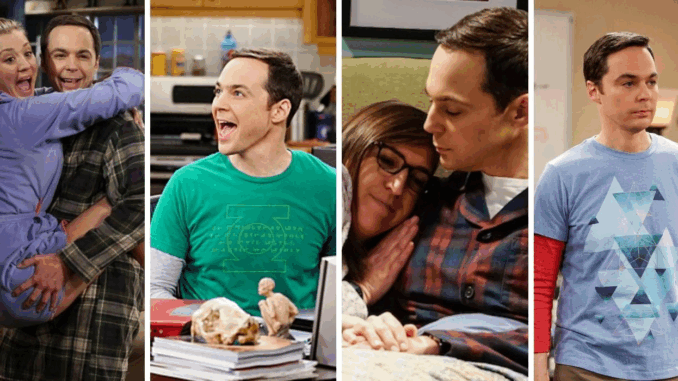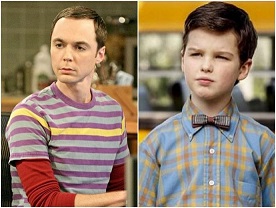
When The Big Bang Theory first aired, few predicted that the quirky physicist Sheldon Cooper would go on to become one of the most iconic television characters of the 21st century. Played by Jim Parsons, Sheldon was socially awkward, intellectually arrogant, and emotionally reserved—but also unexpectedly lovable.
What made Sheldon stand out was his complete lack of awareness about social norms. His need for structure, strict adherence to rules, and inability to read sarcasm became running gags. Yet, beneath all the jokes was a complex character shaped by brilliance and vulnerability. Viewers didn’t just laugh at him—they rooted for him.
Jim Parsons brought a rare depth to the role. His comedic timing was sharp, but he also infused Sheldon with sincerity. Moments that could have felt cold or robotic were instead deeply human. Whether Sheldon was offering his “Roommate Agreement,” explaining string theory, or fumbling through a relationship with Amy Farrah Fowler, Parsons made every line memorable.
As the show progressed, Sheldon’s development became one of its most compelling arcs. Initially averse to emotional connection, he gradually formed meaningful bonds—with Leonard as a surrogate brother, Penny as an unexpected confidante, and Amy as a romantic partner. His journey from isolated genius to a man capable of empathy and commitment became the emotional backbone of the series.

The character’s impact extended far beyond the show. Fans around the world embraced Sheldon’s quirks. His signature catchphrase “Bazinga” became a pop culture staple. Schools used his dialogues to teach communication styles. Psychologists even debated whether he represented traits on the autism spectrum, sparking broader discussions about neurodiversity on television.
Sheldon’s legacy continued with Young Sheldon, a prequel that explores his childhood in Texas. The show, while different in tone, maintains the emotional core that made the character so beloved. Narrated by Jim Parsons, it deepens the audience’s understanding of how Sheldon became who he was.
In the end, Sheldon Cooper proved that television doesn’t need traditional heroes to tell powerful stories. Sometimes, the most unlikely character—a man who knocks three times before entering, who prefers trains to parties, and who lives by logic rather than emotion—can resonate the loudest. Through his eccentricity, Sheldon helped audiences embrace difference, value intelligence, and laugh at the beauty of being yourself.